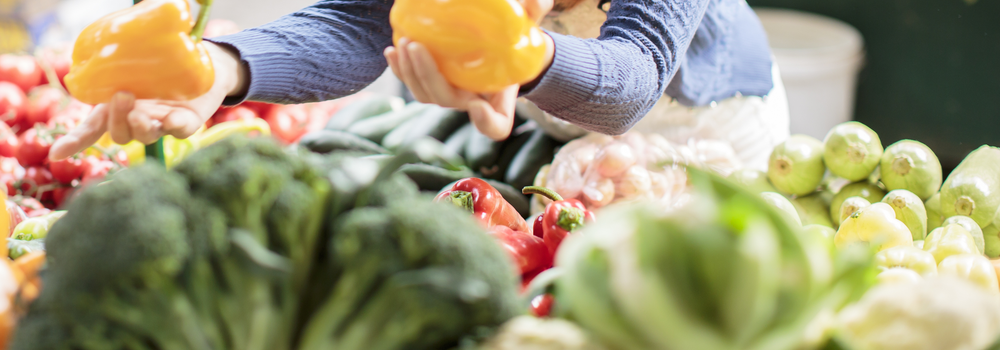The idea of the “gut-brain connection” has been trending lately, and for good reason. The gut-brain connection is a term used to describe the neural communication network from our stomachs to our brains. Sounds wild, right? Recent studies show that your brain impacts your gut health and vice versa. When you get nervous or enter a state of “fight or flight,” ever notice that your appetite decreases? Likewise, when you’re relaxed, you’re more likely to have a healthy appetite. These are simple, everyday examples of how the gut and the brain are always working together. In fact, the gut is now being called the “second brain.”
Change Your Gut, Change Your Brain
Our digestive systems are dependent upon healthy bacteria. Healthy bacteria keep out the bad bacteria and allow our guts to thrive. When we feed ourselves a healthy diet of wholesome, fiber-rich foods, our guts are happier and this means that our brains can function more optimally.
Foods high in probiotics and prebiotics have actually been found to reduce anxiety, stress, and depression. These foods include Omega 3 fats (fish, nuts, and seeds), fermented foods (sauerkraut, kefir, yogurt), high fiber foods (whole grains, fruits, veggies), and polyphenol-rich foods (cacao, green tea, olive oil). In general, it’s best to avoid processed foods like sugary snacks and packaged junk food and embrace foods that are from the earth. Quite simply: When we eat better, we feel better. It’s empowering to know that we can improve our brain function simply by changing our dietary patterns.
The Gut-Brain Connection and Sobriety
Understanding the simple fact that the food that we eat impacts our mind and brain is one of the many tools we can put in our recovery toolboxes. Our minds and bodies are part of one whole organism and are not separate entities. Everything is connected and we have a say in what we put into our bodies.
Tree House Recovery of Portland, Oregon uses cutting-edge techniques in individualized programs to help men achieve freedom from addiction. Taking a holistic, sustainable approach to the inner and outer effects of addiction ensures you or your loved one will emerge with the confidence and skills to manage your addiction independently. No one is beyond help- our Admissions Counselors are available 24/7 at (503) 850-2474




